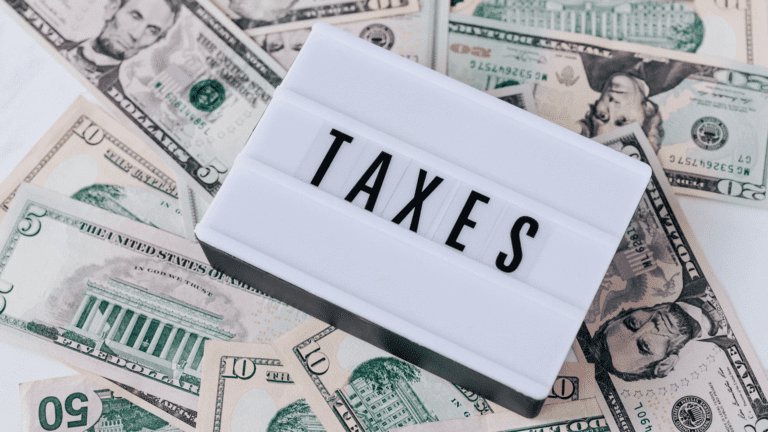
The goal of every real estate seller is to maximize the profit they make from their property sale. That’s why sellers take so much care to optimize the value of their land and minimize or eliminate unnecessary costs throughout the deal process.
Yet for many sellers, capital gains taxes are an often overlooked yet major factor that can limit their profit. According to federal law, if a seller has owned a property for more than one year, they owe capital gains tax on the profit they make from a land sale.
There are ways for sellers to position themselves and their property to minimize the effects of capital gains tax. Here are a few:
1. Write Off Losses
If a seller takes a loss on the property, they can write off up to $3,000 of that loss on their taxes each year until the total amount of the loss is used up. For example, if a seller takes a $30,000 loss, they can lower their taxable income by $3,000 for 10 years. Profits on sales are obviously the more desirable path, but this is a helpful way to minimize the pain of a loss. Writing off loss on sale of property on federal income taxes may hinge on whether it was purchased for investment purposes
2. Analyze Tax Brackets
We encourage sellers to consult their accountants to see if a land sale might bump them to a higher tax bracket. Of course, the higher one’s income, the more tax they pay. And we’ve seen land deals push our seller partners into a higher bracket where they’ve been required to pay a higher percentage of their sale profits (and other earnings) in tax. As a result, they’ve actually lost money on the deal; if they’d have taken a lower price for their land, and stayed in a lower tax bracket, they would have saved more than the difference in the end. 2021-2022 Federal Income Tax Brackets
3. Keep Records of Land Improvement Costs
There are situations in which money spent on clearing, removing trash, adding a driveway, building a well or a septic system, etc. could be used to lower one’s tax burden on a land sale. Save all records, and consult a trusted professional. How to account for land improvements
4. Consider a 1031 Exchange
If someone sells a property, and reinvests the profits from that sale into another property soon afterward, the government may waive the capital gains tax the seller would have been liable to pay on the first deal. Rules do apply, so it’s best to consult a lawyer or other expert to gather all the facts applicable to a particular situation. What Is a 1031 Exchange and Why Is It Important?

At Land Solid , your success is our success. We want to help you get the most out of your property as possible. Whatever we can do, and however we can help, just let us know.
Here is a great article by Smart Asset that talks more about avoiding capital gains tax on land sales specifically: How to Avoid Capital Gains Taxes on a Land Sale

Land Solid is the go-to resource for real estate sellers to understand the value of their land, what options they have for selling it and ultimately make the best possible deal.

At Land Solid, LLC, we help landowners like you sell their vacant and unwanted land in the shortest time possible without obstacles or fees for fair cash. We have helped many vacant landowners become free by taking vacant land off their shoulders in exchange for a fair amount of cash. You can be the next happy seller.
